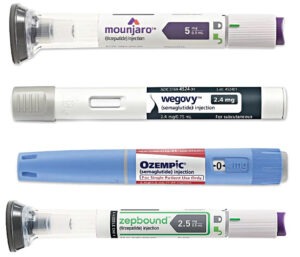
Hepatitis A is an infection of the liver, and is transmitted through contaminated food and water or by direct contact with an infectious person.
Hepatitis A is a highly infectious virus that can cause inflammation of the liver. The virus is usually transmitted through food or water contaminated by human faeces or by direct contact with an infectious person. Hepatitis A is rare in the UK with most cases occurring in travellers who have recently visited countries where the disease is common.
Areas with high levels of infection include low-income countries that may have relatively poor sanitary conditions and hygiene practices. These areas include: the Indian subcontinent, Sub- Saharan and North Africa, parts of the Far East, South and Central America, and the Middle East.
Certain travellers are at increased risk of acquiring hepatitis A, including:
– Those who are staying with or visiting the local population
– Frequent and/or long-stay travellers to areas where sanitation and food hygiene are likely to be poor
– Those with existing medical conditions such as liver disease or haemophilia
– Men who have sex with men
– People who inject drugs
– Those who may be exposed to the virus through their work
– Those going to areas of hepatitis A outbreaks who have limited access to safe water and medical care
Symptoms are often mild or absent in young children, but the disease becomes more serious with advancing age. Recovery can vary from weeks to months. Following hepatitis A illness, immunity is lifelong. Possible symptoms include weakness, loss of appetite,tiredness, headache, diarrhoea, fever, nausea and vomiting and dehydration. Jaundice (yellowing of the skin) usually occurs approximately a week later.
Read for further information on Hep A.
Prevention
As the most common mode of infection in travellers is consumption of contaminated food or water. The risk of acquiring hepatitis A can be reduced by ensuring good personal hygiene and following advice on the prevention of food and water-borne diseases.
Hepatitis A Vaccine
Several effective inactivated hepatitis A vaccines are available for travellers intending to visit areas where hepatitis A is common. Some of these vaccines are combined with either hepatitis B or typhoid.
Length Of Protection
The duration of protection from a completed course of hepatitis A vaccine can be expected to be at least 25 years and probably indefinite. However, Public Health England recommend that until further evidence is available on persistence of protective immunity, a booster dose at 25 years is indicated for those at ongoing risk of hepatitis A. Specific advice should be sought for individuals with altered immune responses, an earlier booster may be recommended.
To make a booking, please find an appointment below:











